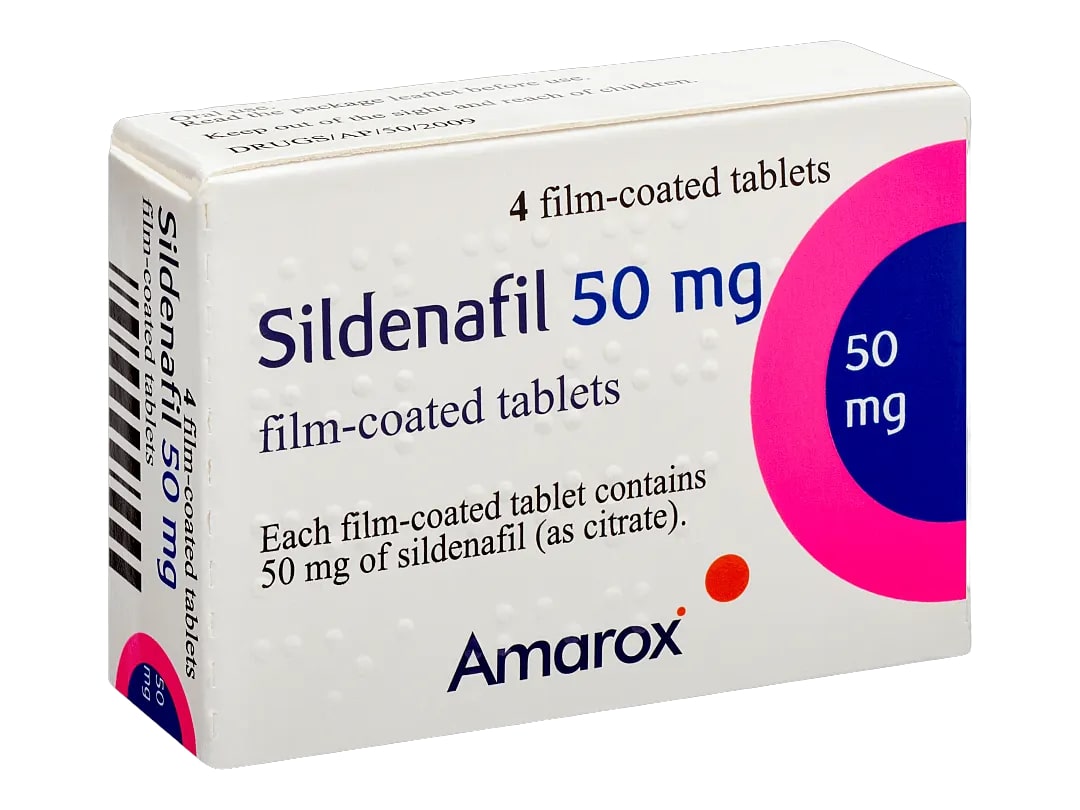Why Choose Sildenafil?
Improved Sexual Health: Sildenafil can significantly improve sexual health and satisfaction by facilitating erections. Many men find that sildenafil helps them regain confidence and enjoy a more fulfilling intimate life. It's important to discuss any concerns with your doctor to determine if sildenafil is right for you.
Enhanced Pulmonary Function: Sildenafil can enhance pulmonary function and reduce symptoms of PAH. For individuals with PAH, sildenafil can improve exercise capacity and overall quality of life. Regular monitoring by a healthcare professional is essential to ensure optimal treatment outcomes.
Convenient Administration: Sildenafil is easy to administer as an oral tablet. The convenience of sildenafil's oral administration contributes to its widespread adoption and patient preference. It doesn’t require injections or external devices, making it easier to incorporate into daily life.
Increased Confidence: Sildenafil can boost confidence and reduce anxiety related to sexual performance. Many men find that sildenafil helps them regain confidence and enjoy a more fulfilling intimate life. It's important to discuss any concerns with your doctor to determine if sildenafil is right for you.
Effective Treatment Option: Sildenafil provides an effective treatment option for both ED and PAH. Sildenafil has been proven to be an effective treatment for both erectile dysfunction and pulmonary arterial hypertension, providing relief from symptoms and improving quality of life.
Long-Term Benefits: Sildenafil can offer long-term benefits for individuals with ED or PAH. With proper management and regular monitoring, sildenafil can provide long-term benefits for individuals with ED or PAH, helping them maintain a good quality of life.
Improved Quality of Life: Sildenafil can improve overall quality of life for those struggling with ED or PAH. Many individuals find that sildenafil helps them regain control over their health and enjoy a more fulfilling life, free from the limitations imposed by these conditions.
Always follow your doctor’s instructions for the best results and safety.


